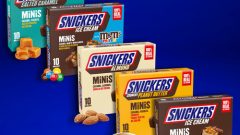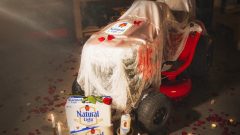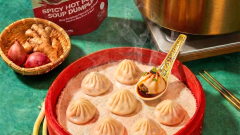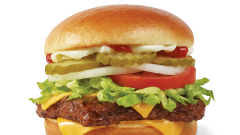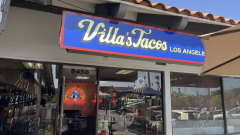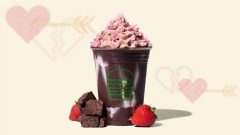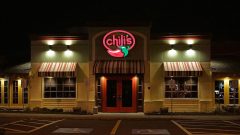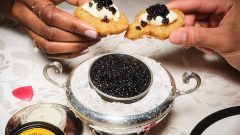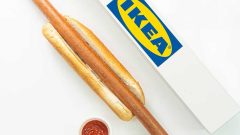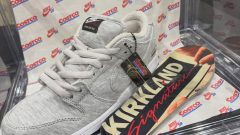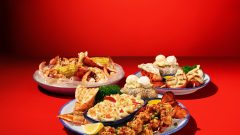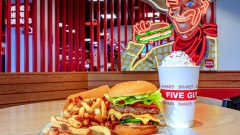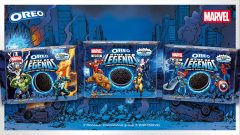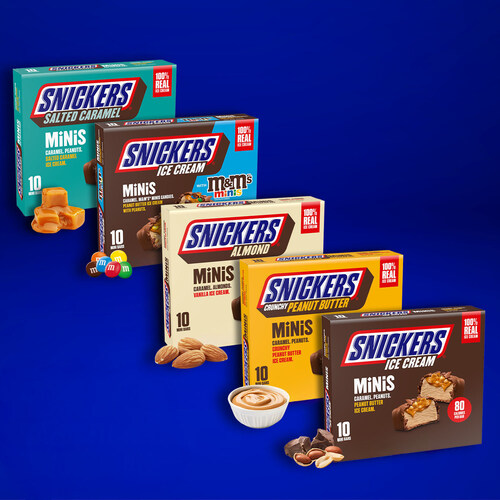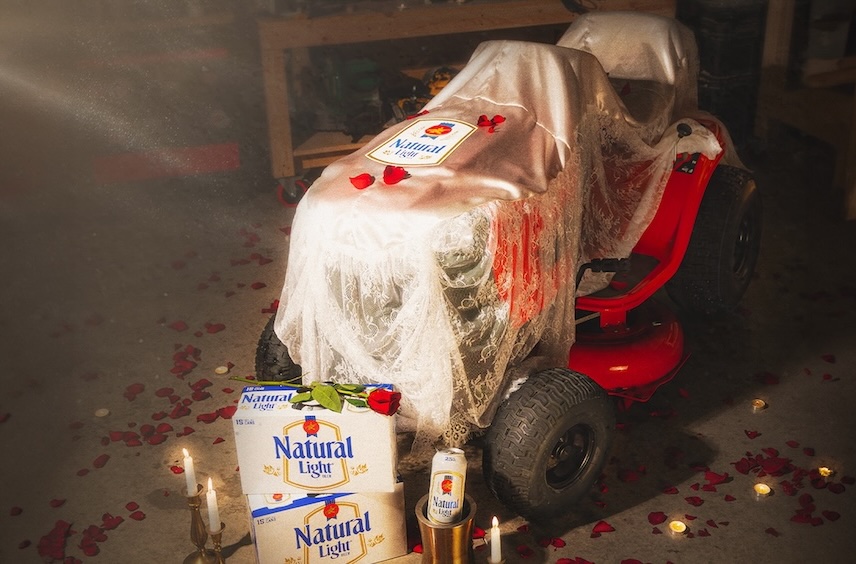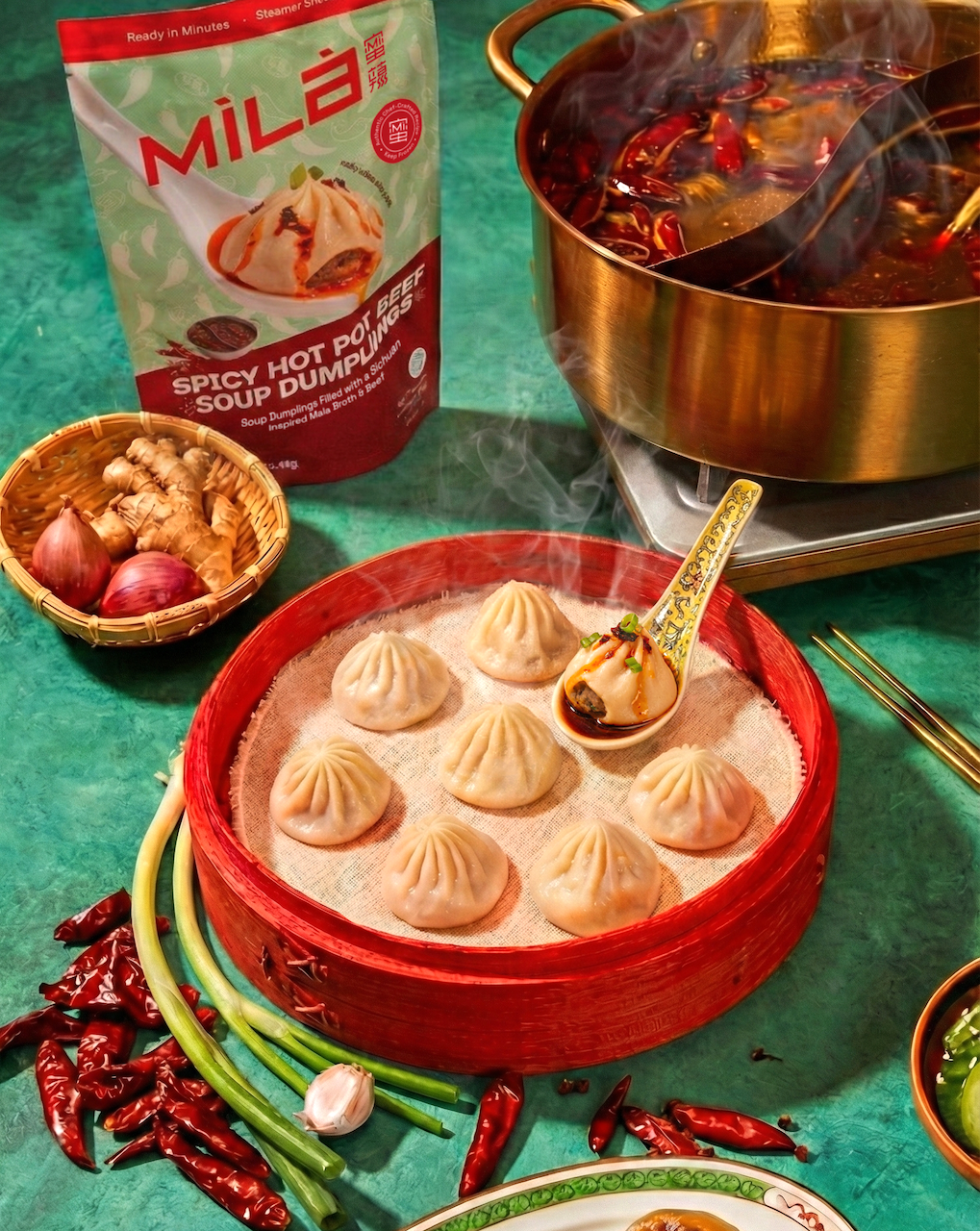SPARKS Alcoholic Energy Drink Ban
Apparently, pre-gaming on vodka and Red Bull is not as good for you as originally thought. The California Attorney General has placed a ban in conjunction with MillerCoors to stop the production of these caffeine-heavy alcoholic beverages. Though SPARKS is not the only drink in question, it does maintain 90% market share of alcoholic energy drinks, so it definitely is the older, more popular brother in the alcohol-energy family. If you’re interested in the entire announcement, feel free to read it after the jump:
California Attorney General Edmund G. Brown Jr. today announced that 13 states and the City of San Francisco have forged an agreement with MillerCoors to stop “the growing and widespread use” of caffeine-spiked alcoholic beverages, often marketed to young adults.
“With this agreement, we’re shutting down 90% of the market in caffeine-spiked alcoholic beverages,” said Attorney General Brown. “The growing and widespread use of caffeine mixed with alcohol can distort judgment, weaken inhibitions and encourage risky behavior, especially in young people.” Brown added.
Alcoholic energy drinks mix alcohol with ingredients like caffeine, guarana, taurine or ginseng. The alcoholic content in these drinks range from 6-12% per volume, more than most beers. Together, the stimulating effect of caffeine in the beverage mixed with the alcohol can mask how intoxicated the drinker actually is. A drinker may feel alert, but will still suffer the debilitating effects of alcohol consumption, including diminished reaction times and basic motor skills.
Sparks currently has 90% of the market share for alcoholic energy drinks. Last June, Attorney General Brown and other attorneys general announced that Anheuser-Busch had signed an agreement to stop producing its alcoholic energy drinks. With today’s agreement, most of the alcoholic energy drinks that were available in the beginning of the year will now be taken off the market. California and the other states will continue to investigate the smaller companies that continue to sell alcoholic energy drinks.
Young people are most vulnerable to the effects of alcoholic energy drinks like Sparks because they are prone to engage in risky behaviors such as binge-drinking and are less experienced in gauging the debilitating effects of alcohol. They are also more at risk of acute alcohol problems, including traffic crashes, violence, sexual assault, and suicide.
A study by researchers at the Wake Forest University School of Medicine found that students who consumed alcoholic energy beverages were twice as likely to be involved in alcohol-related accidents and injuries. They were also more likely to be involved in sexual assaults or drunk driving.
After an investigation into the product, Attorney General Brown and the participating attorneys general alleged that Sparks was unsafe, MillerCoors was making false or misleading health-related statements about Sparks’ energizing effects, and much of the marketing was directed toward youth, a violation of California laws on marketing tobacco or alcoholic products to minors. (Thx Johnny California)

